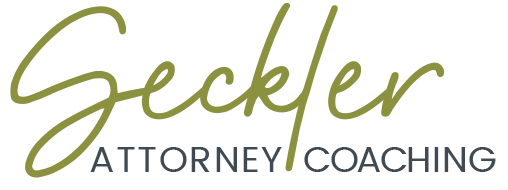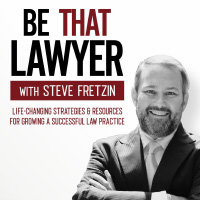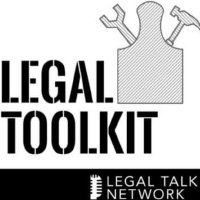
While social media has become an important tool in building business and personal relationships, nothing can substitute for the bonds that are created through in person interactions. Going to networking functions is still important whether you are looking for a new job or trying to build your law practice. But how do you make the most of your interactions at a networking meeting? What should you do with the business card that someone hands you?
Several years ago, I was speaking to one of my coaching clients and he described for me what he does any time he makes a court appearance. At the end of the day, he goes back to his office and takes a few minutes to document what happened. He has a longstanding practice of doing this and he always tries to do it the same day so that his memory is fresh. In effect, he has created a habit which ensures that he does not have to rely on his memory to keep track of his cases.
Many lawyers do this as a matter of course. In fact it is good practice whether you are a litigator or a transactional lawyer to generate file memos that are written after you have met with a client or interviewed someone on behalf of a client. As lawyers, we are very good at documenting in our case work.
But when it comes to networking meetings, we forget to use the skills we use all the time in practicing law. We do not prepare in the same way, and we do not take the time to document our activities (and calendar next steps).
So when you attend networking functions, bring business cards and hand them out (yes, business cards still have relevance because entering contact information into a smart phone causes you to lose eye contact). In return, people will hand you their business card. Apply the usual networking rules when you talk to these new acquaintances (ask good open ended questions about what they do, who are their clients, find out some personal things about them, etc. and try to be a good listener). When you have a quiet moment, jot some notes on the back of the business card that they handed you. That way, you’ll have something to look at when you get back to the office and when you get to the office, enter the information into Outlook (or whatever contact manager). You can also send a follow up email, a LinkedIn request and calendar a next step for yourself.
The litigation client of mine began incorporating his regular business practices into his marketing activities. After each networking meeting, he made sure to write down notes about the conversation (including both personal and professional things he learned from the individual). He also “docketed” a next step with that individual (if he deemed the individual to be a potential referral source or potential client).
No one likes to take time to do this. Tracking time, documenting what you have done and making a point of deciding on next steps before the day ends is all cumbersome. But when it comes to relationship building, documenting is an invaluable activity that can help you greatly as you cultivate relationships over time. And relationship building over time will lead to new business opportunities and new job prospects.








